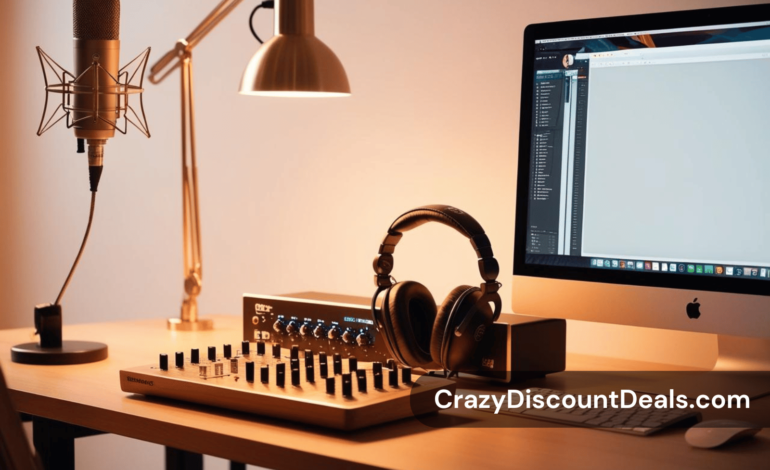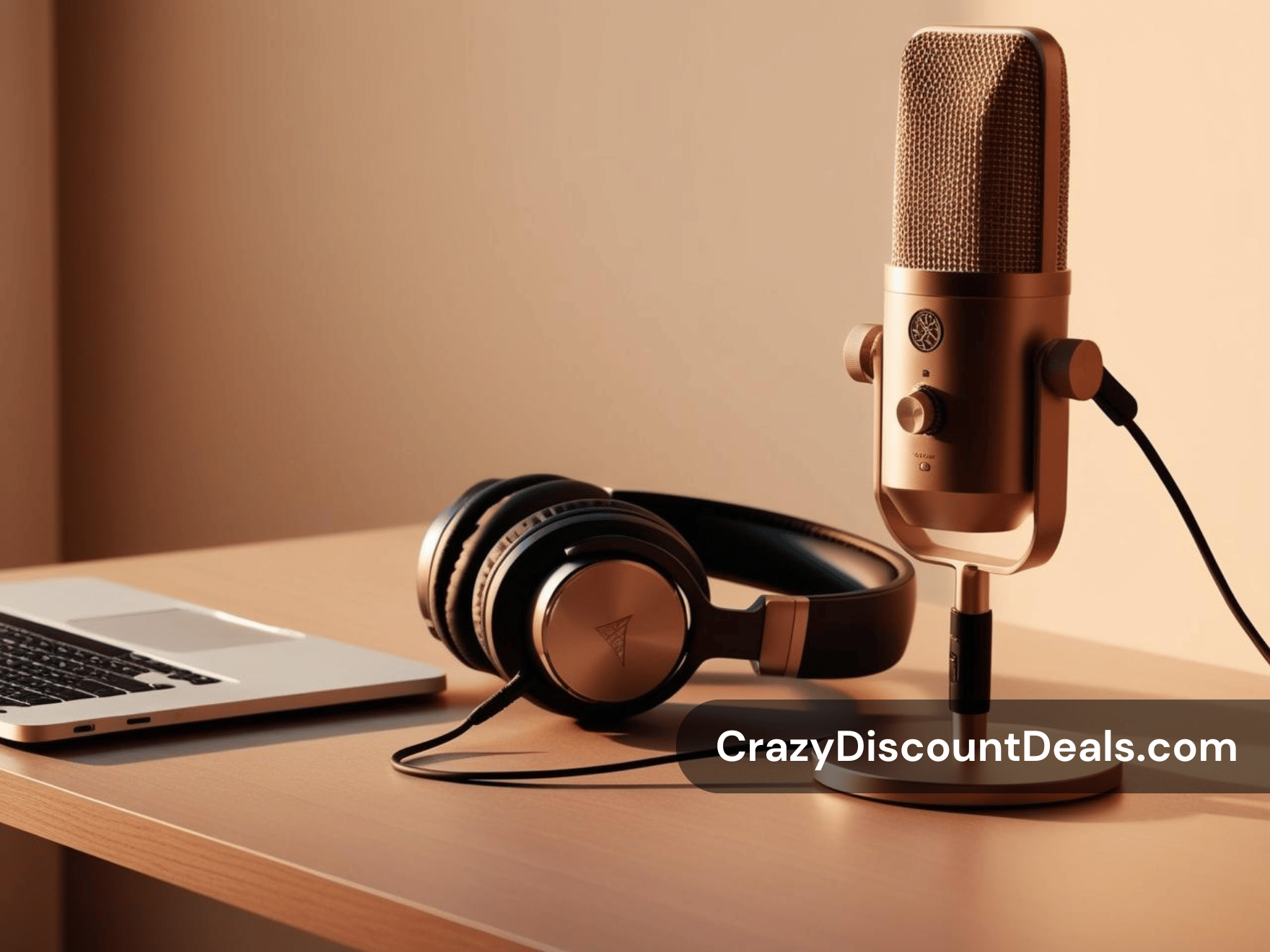Ultimate Guide to Start a Podcast in 2025

How to Start a Podcast: A Beginner’s Guide to Audio Content Creation!
How you can start a podcast can be a transformative journey filled with learning curves, personal growth, and the joy of sharing one’s voice with the world. Many aspiring podcasters begin with an idea, a passion, and a desire to connect with an audience. Here’s how one might navigate the process of launching a podcast, step by step.
Discovering the Niche
Every successful podcast starts with a clear purpose. Finding a topic that genuinely excites the host is crucial, as enthusiasm translates into engaging content. Whether it’s storytelling, education, or interviews, choosing a niche helps define the podcast’s identity and audience.
Planning the Content
A well-structured podcast requires careful planning. Brainstorming episode ideas, researching thoroughly, and outlining topics in advance ensure that each episode provides value. Many podcasters draft scripts or bullet points to maintain clarity while allowing room for a natural flow of conversation.
Setting Up the Recording Space
A quiet and distraction-free environment is essential for professional-quality audio. Many beginners start by choosing a small room, minimizing background noise, and adding basic soundproofing elements such as carpets, curtains, or foam panels. The goal is to create a recording space where sound is crisp and clear.
Choosing the Right Equipment
Podcasting doesn’t have to start with an expensive setup. Many beginners begin with a reliable USB microphone, a good pair of headphones, and user-friendly recording software. As the podcast grows, upgrading to an XLR microphone, an audio interface, and professional editing tools can significantly enhance sound quality.
Some products shown below are great for beginners.
Recording and Editing
The first recording session is often a learning experience. Many new podcasters realize the importance of clear articulation, steady pacing, and eliminating filler words. Editing plays a crucial role in refining the final product—removing mistakes, adjusting audio levels, and ensuring a seamless flow. Software like Audacity, Adobe Audition, or GarageBand is commonly used for this purpose.
🔗 Audacity’s official website for free audio editing software
Publishing and Promotion
Once an episode is polished, choosing a podcast hosting platform is the next step. These platforms distribute content to directories like Spotify, Apple Podcasts, and Google Podcasts. Eye-catching cover art, compelling episode titles, and engaging descriptions help attract listeners. Promoting the podcast through social media, newsletters, and collaborations can further increase its reach.
🔗 Spotify for Podcasters for hosting your podcast.
Consistency and Growth
Building an audience requires consistency. Many successful podcasters set a regular publishing schedule—weekly, biweekly, or monthly—to keep listeners engaged. Tracking analytics, gathering feedback, and continuously improving content are key to long-term growth. Engaging with the audience through Q&A sessions, live streams, or listener surveys fosters a sense of community and loyalty.
Starting a podcast is a rewarding endeavor that allows individuals to share their voices, connect with audiences, and create meaningful content. With dedication, planning, and persistence, anyone can turn their podcasting vision into reality.










